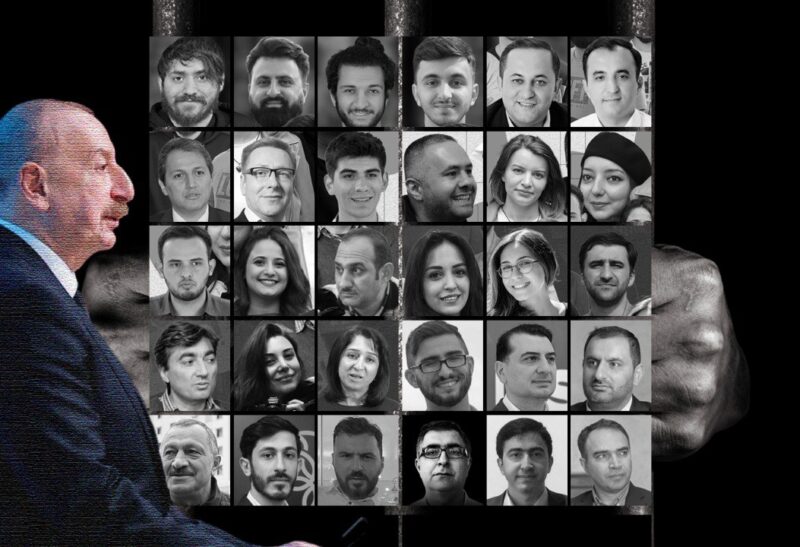The 29th Conference of the Parties (COP29) to the UN Framework Convention on Climate Change concluded in Baku with the announcement of landmark agreements, including a $300 billion annual climate finance pledge and the operationalization of the Loss and Damage Fund.
However, the summit’s achievements were eclipsed by widespread criticism of Azerbaijan’s human rights record and the controversial conduct of the event.
Climate Agreements in the Shadow of Controversy
COP29 reached several significant milestones, including the finalization of carbon market rules under Article 6 of the Paris Agreement and a long-term climate finance commitment. Yet, these breakthroughs were tempered by skepticism over the feasibility of the funding and accusations of inequity. Developing nations decried the reliance on loans and private funding, arguing that wealthy nations failed to deliver the immediate support required to address the growing impacts of climate change.
While the “Baku Finance Goal” marked progress, many delegates labeled it inadequate. Indian representative Chandni Raina described the agreement as “an optical illusion,” and Marshall Islands envoy Tina Stege said the funding was “not enough but a start.” Critics also noted the conspicuous absence of leaders from major emitters, including the U.S., China, and India, which undermined the summit’s legitimacy.
Human Rights Take Center Stage
Despite its climate-focused agenda, COP29 became a flashpoint for human rights concerns. Azerbaijan’s government faced scrutiny from international organizations and foreign leaders for its treatment of journalists, activists, and opposition figures. More than 300 political prisoners and 15 jailed journalists drew condemnation, with critics questioning the decision to host a global climate summit in a country with such a poor track record on civil liberties.
German Foreign Minister Annalena Baerbock expressed dismay over the arrests of media and civil society representatives, emphasizing the essential role of civic freedoms in fostering climate action. The detention of opposition figure Gubad Ibadoglu and restrictions on the Parliamentary Assembly of the Council of Europe (PACE) members further fueled tensions.
Lobbying and Credibility Challenges
Adding to the controversy, more than 1,700 fossil fuel lobbyists attended COP29, raising concerns about their influence on the negotiations. Advocacy groups like the Kick Big Polluters Out coalition criticized Azerbaijan for enabling industry representatives to steer discussions away from decisive action on reducing emissions.
President Ilham Aliyev’s remarks at the summit’s opening, referring to oil and gas as “gifts of God,” further compounded the dissonance between the event’s goals and Azerbaijan’s reliance on fossil fuel revenues. Critics saw his comments as emblematic of a broader failure to align the summit’s ambitions with meaningful leadership on climate action.
A Mixed Legacy
While COP29 succeeded in setting long-term climate finance targets and advancing key mechanisms like the Loss and Damage Fund, these achievements were overshadowed by doubts about implementation and Azerbaijan’s contentious role as host. The convergence of human rights concerns, lobbying scandals, and geopolitical tensions served as a stark reminder of the challenges facing global climate governance.



